Lactobacillus is a genus of very beneficial bacteria that can be a tremendous asset to your home, garden, and even personal digestion. Learn all the ways lactobacillus serum can be used to enhance your home or garden.
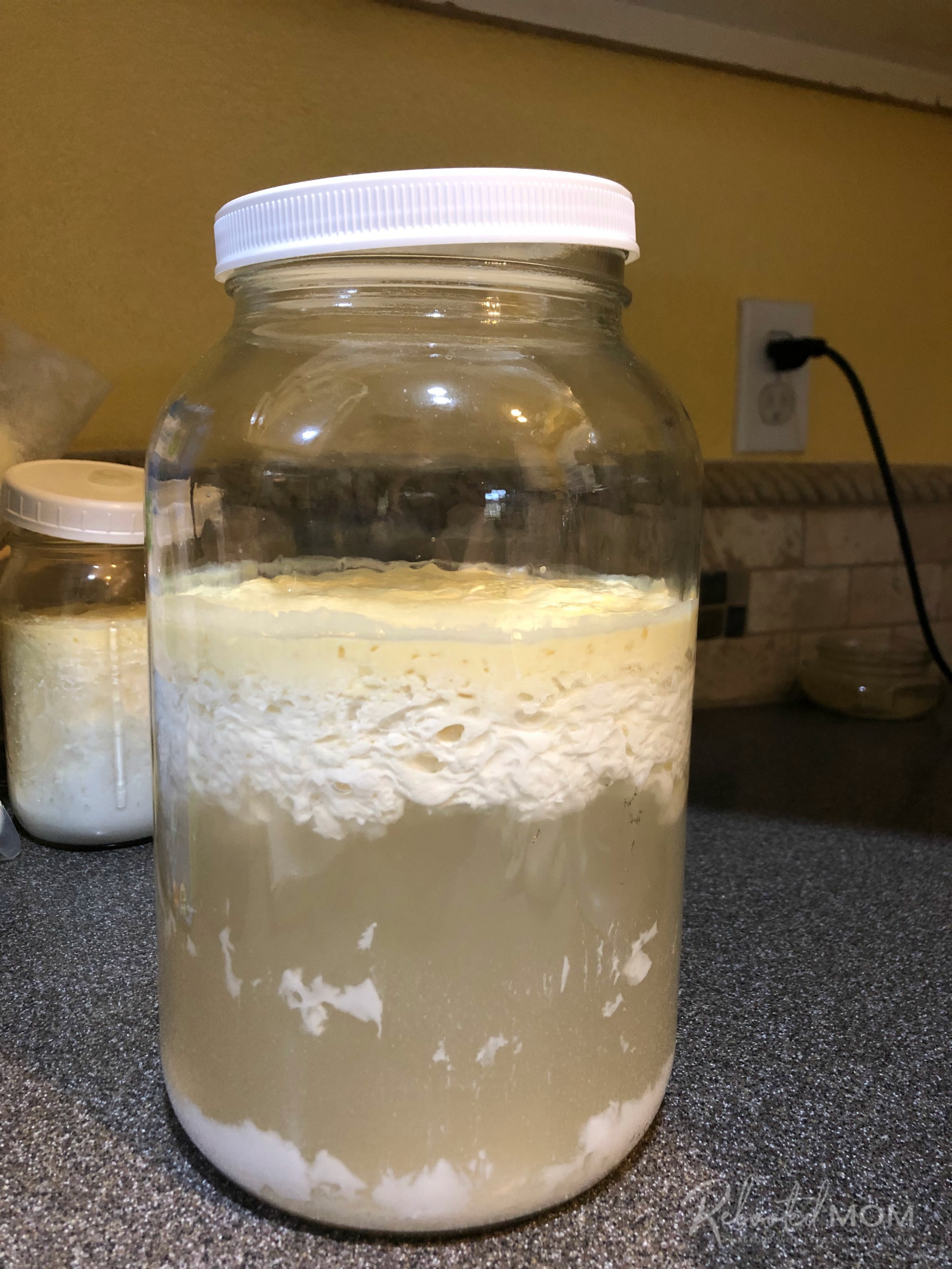
Lactobacillus Serum prior to prep and storage
Lactobacillus is a genus of very beneficial bacteria – these beneficial bacteria are found pretty much everywhere.
You can find some of this beneficial bacteria in your digestive system.
They are also in many of the probiotic supplements you find in stores and they also play an important role in the production of many common (and popular) foods.
However… in the garden, it’s basically gold.
Lactobacillus serum (LAB serum) can be used in the garden as a digester – to help break down the organic matter and turn it into a form that is readily available for your plants. Considering that LAB are bacteria that are everywhere, you can use this bacteria to make a culture (that’s absolutely concentrated)… that you can use in your garden, as well as around the home.
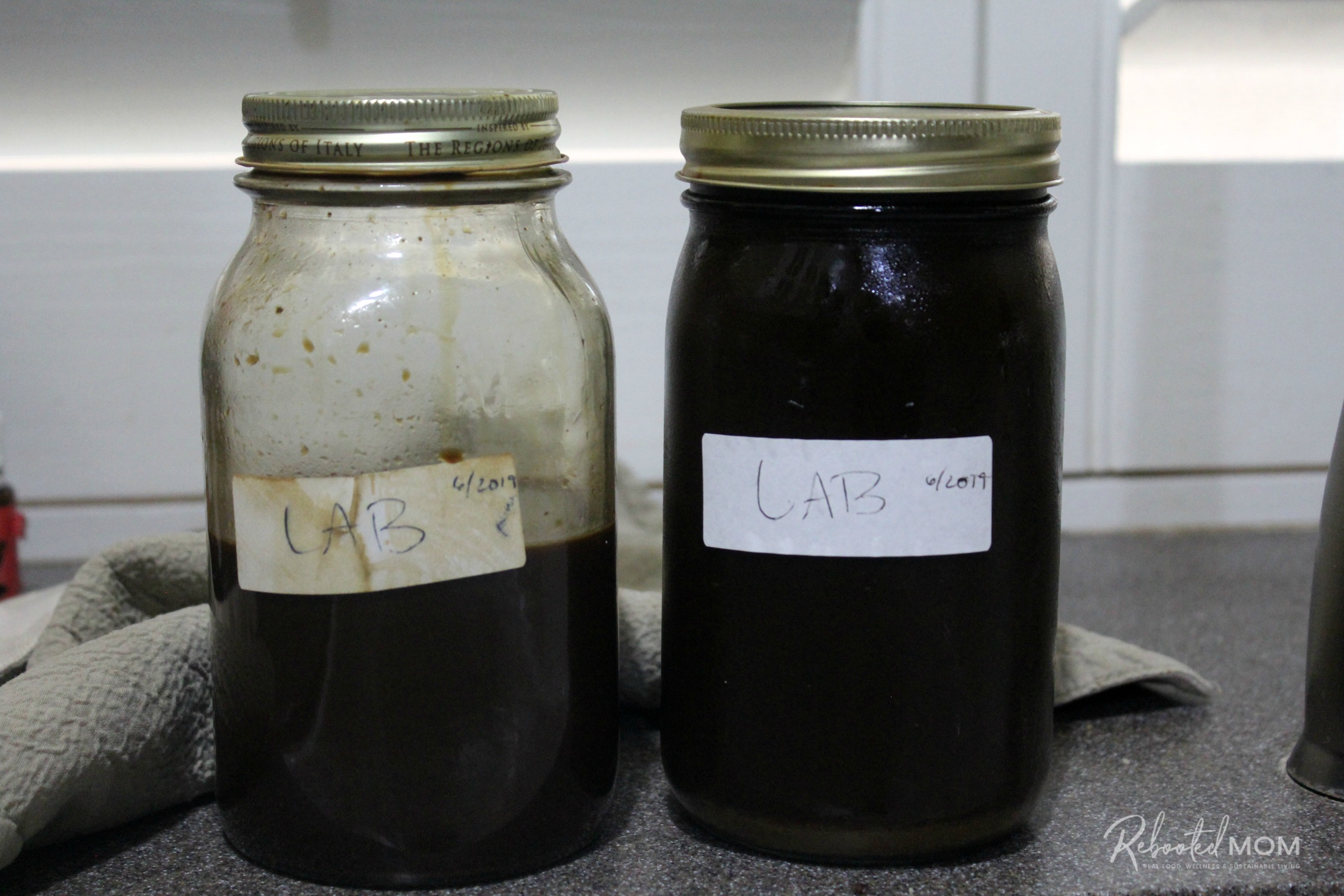
Even better? You likely have all the ingredients in your kitchen.
How to Make Lactobacillus (LAB) Serum
If you haven’t made Lactobacillus Serum (LAB Serum), head back to this post where I’ll guide you, step by step, on making this serum at home.
Finished LAB Serum
Once your LAB serum is finished (and separated) – see here for how it should look. In order to stay alive and happy in their jar, your Lactobacilli need a very long-term food source.
Sugar or molasses will help them by feeding them glucose – while also preserving the LAB serum for up to one year (and even more). Avoid using cane sugar as that is bleached; instead, use blackstrap molasses or organic cane sugar (as that is not as highly processed). Once you mix the sugar, cap the jar and store at room temp for at least one year (or more).
LAB Serum Uses
LAB serum can be used at home and in the garden for a variety of applications:
- 1 Tbsp is approx 15ml
- 2 Tbsp is approx 30ml
Keep in mind that 1L is just over 1/4 gallon. With that in mind, I’ll provide measurements for your use of LAB in home or garden:
Household Odor Neutralizer. This is especially great if you have animals and chickens. Mix 30ml of LAB per liter of water and and spray around the coop to reduce the smell. LAB is a very effective deodorizer, even when highly diluted. Use it also on animal bedding, livestock, etc. Dosage will ultimately depend on your situation.
Unblock Drains. 15ml per liter of let it go to work overnight.
Growing. Mix 30ml per liter of water. The microbes will help cycle the nutrients in the soil, making them more available to the plants.
Digestive aid. LAB is great when used for livestock and poultry. Boost growth by mixing 2Tbsp to one liter of water and soak the food for a few hours. The end result is food that is more easily digested by animals. You can raise the animals on less food if the food they are eating is digested better and has better absorption. Lactobacillus will suppress the harmful bacteria in food and water that is consumed by animals while at the same time, maximizing their gut flora so that they have a defense system that works more adequately.
Foliar. Mix 15ml per liter of water. LAB is a natural anti-fungal that helps prevent powdery mildew. It helps populate plant surfaces with beneficial LAB which outcompetes other harmful microorganisms. Use it alone or as part of your regular regime.
Composting. Mix 30ml per liter and damp down every time you add items to the pile or as you layer up your compost pile. The LAB will speed up that decomposition and cycle those nutrients.
Ferment Plant Material. Use LAB to make a fermented plant material – with comfrey, nettles, dandelion root, etc. The plant material will be fermented with lactic acid bacteria and crude sugar or molasses to break down the nutrients and beneficial properties they contain more accessible for garden plants. After being stored for a specific period of time, the liquid will be applied directly to the root zone or as a foliar spray to add microbial benefits to the soil and plant. (Tutorial coming soon!)
Make Fish Hydrolysate. Use your LAB to create your own fish fertilizer. You’ll want fish fish or fish discards (heads, guts, etc.) – cut the fish into chunks or run through your blender or meat mincer. Add water – 3 parts water to 1 part ferment material (fish). Use non-chlorinated water as chlorine kills microbes. Add 3:1 fish to sugar. Use raw (unrefined, unbleached), then act the lactobacillus serum – 2 Tbsp per liter. Pour into a bucket and cover with a cloth or mesh to stop insects. Allow that around one month to ferment, at the time of finish there should be nothing more than a faint vinegar smell. Strain and transfer to a smaller container.
Vermicompost. If you are using and incorporating worms in your compost and gardening, chances are, your worm bin can sometimes get a bit out of control. LAB can help with the breakdown of scraps, smell, and bacterial variety in your vermicompost bins. However, it doesn’t come without some risk. I would be very cautious about using LAB in your worm bin – if you choose to go this route, I would suggest a very very diluted amount of prepared LAB (15ml per liter of water). Spray gently in the worm bin but don’t go overboard. The acidity of the LAB can trigger heat in your worm bin if it is done in conjunction with too much feeding and the heat of the environment (local weather). In other words, use caution.
Personal digestion. LAB is not restricted to home and garden. You can also improve your digestive efficiency within your own body. After eating, mix 1-2 Tbsp lactobacillus with a cup of water and drink. It will lessen your afternoon lull.
When used in gardening, lactobacillus culture increases uptake efficiency, which in turn increases growth. In a way, you could say that plants don’t use organic nutrients ‘directly’ – microorganisms convert organic nutrients to their inorganic constituents wchih the plants utilizes. Using these microbes, your plants will grow more efficiently and be in better health.
Lactobacillus is so very useful if you have anything organic you need to break down or deodorize.
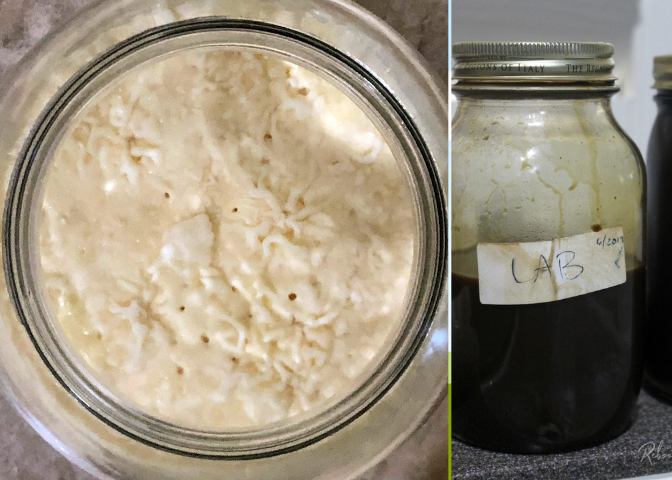
Hopefully this information will help showcase some of the possibilities to help churn the wheels in your head and help you become better in your gardening efforts.
If you have any questions, please ask in the comments. I will do my best at answering them from my own personal experience in making lactobacillus serum, using it in my garden, in my compost and also in my Bokashi.
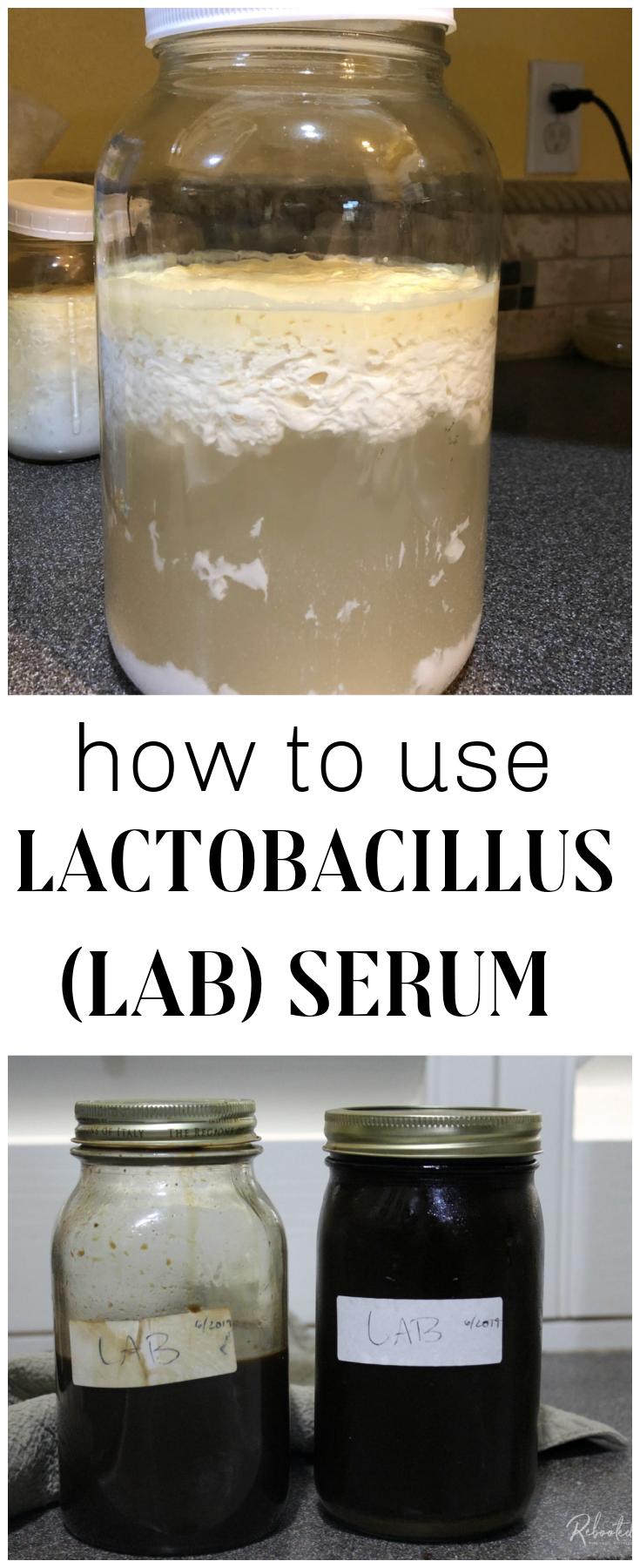

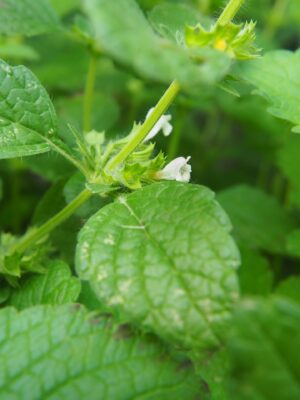
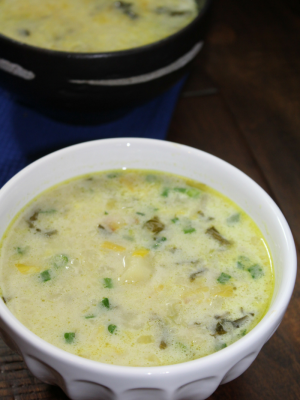
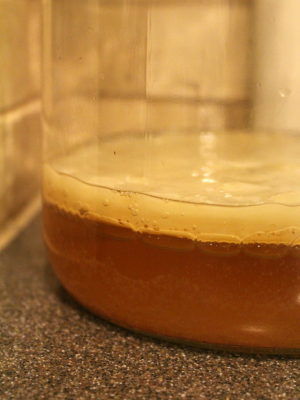
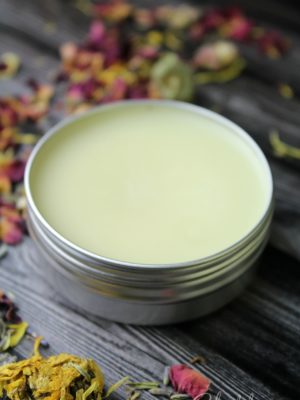
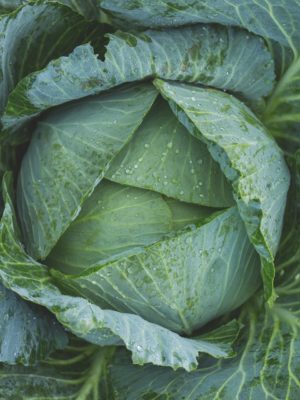

Leave a Reply